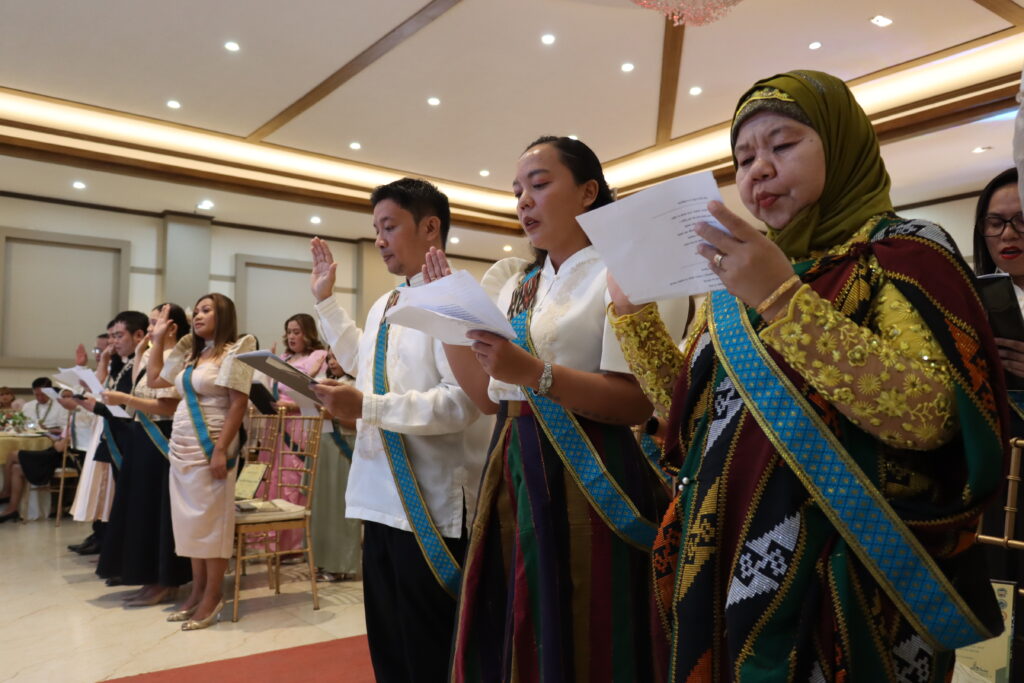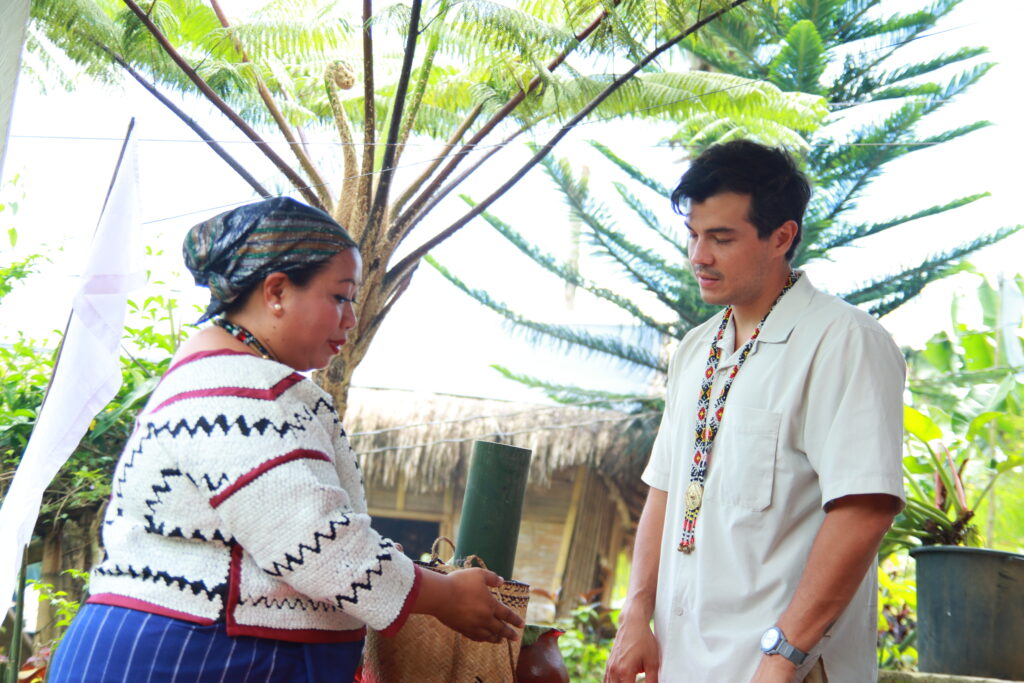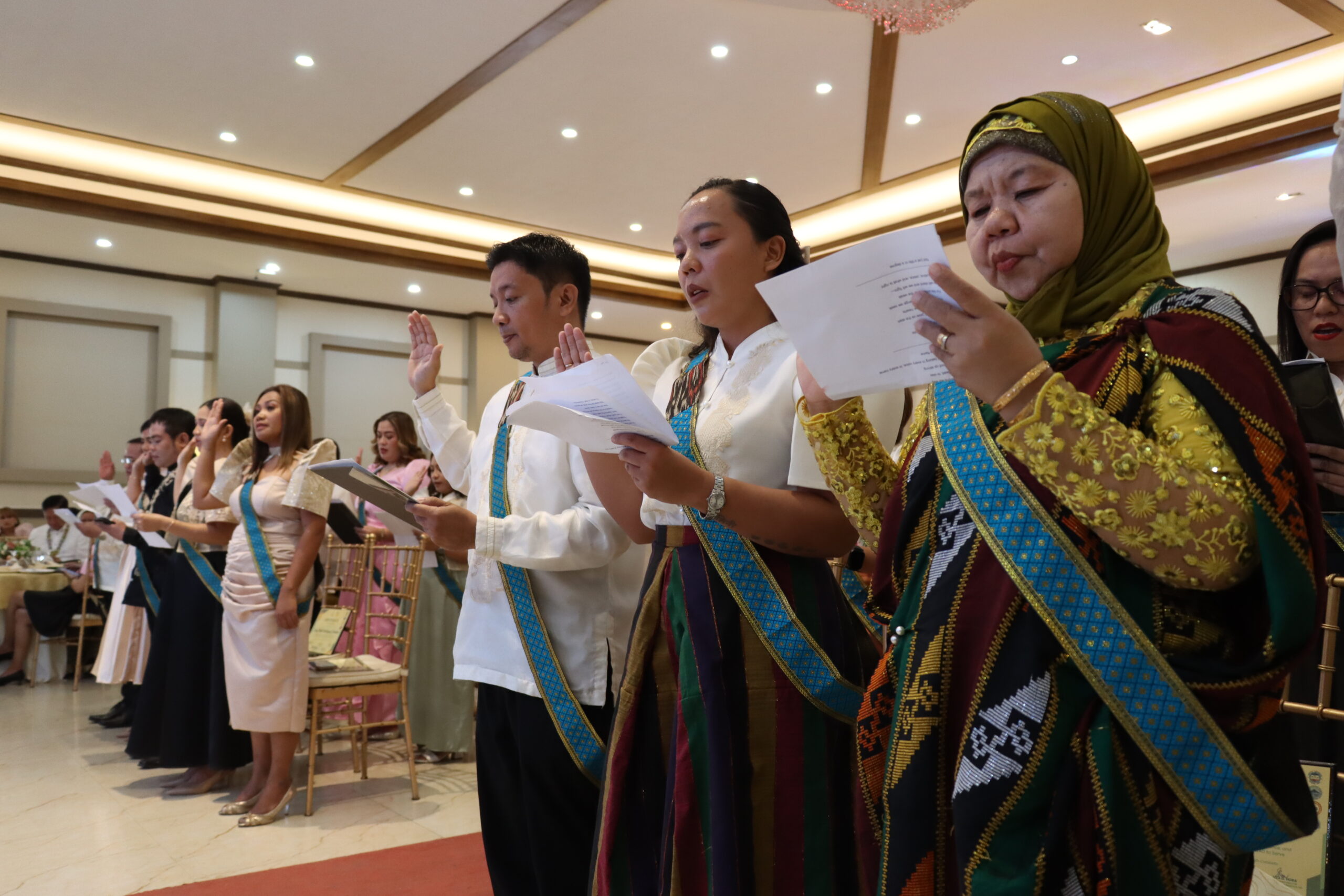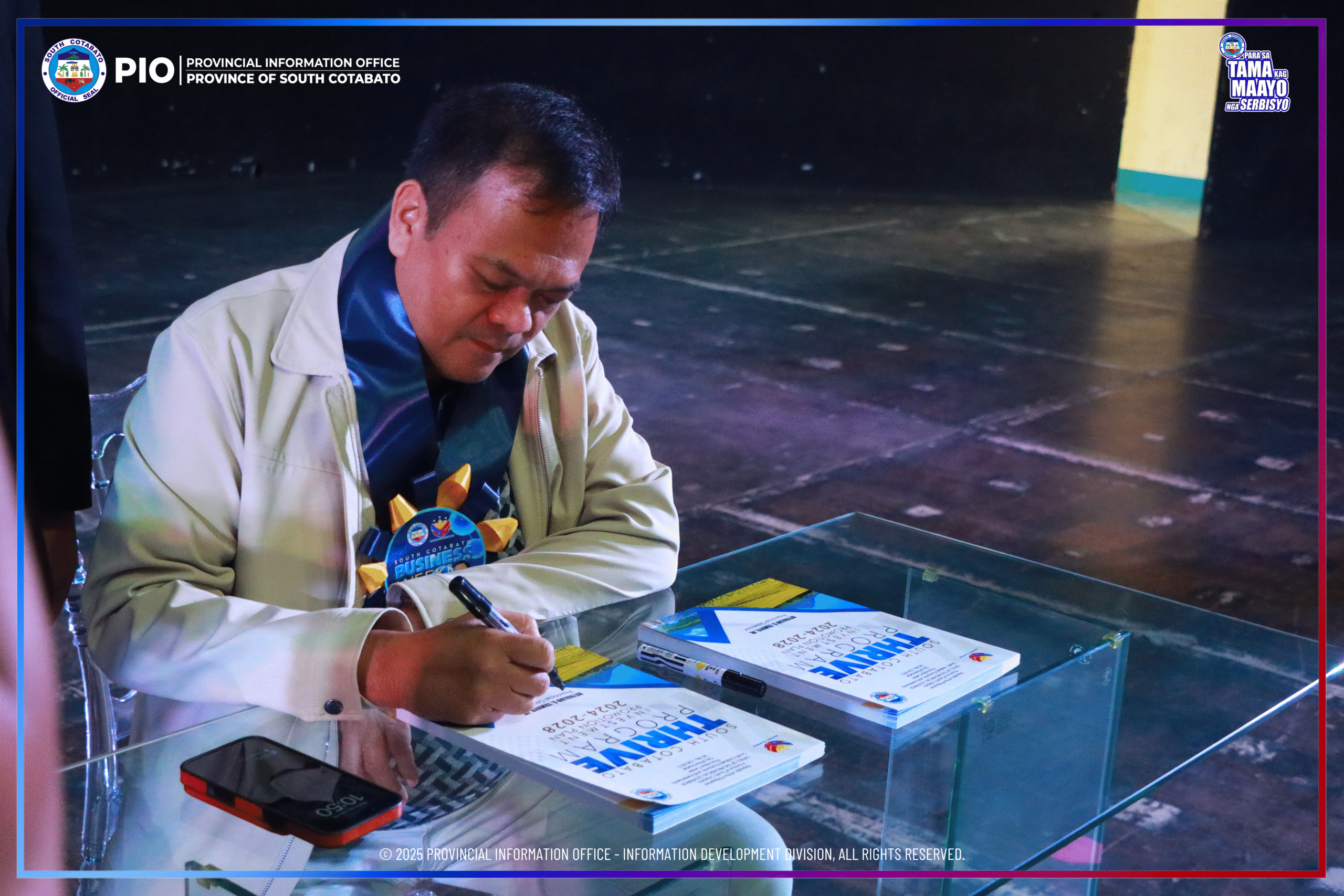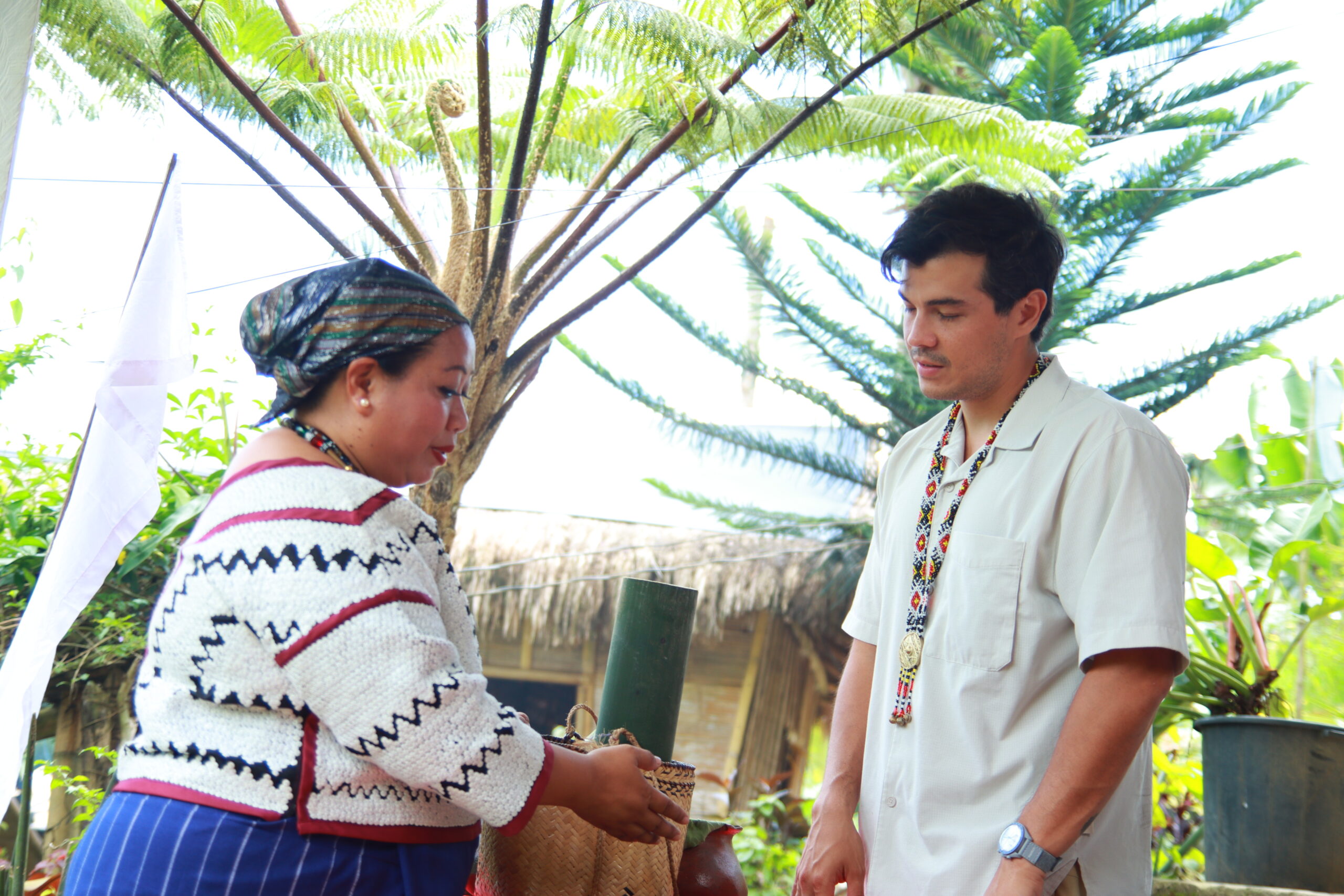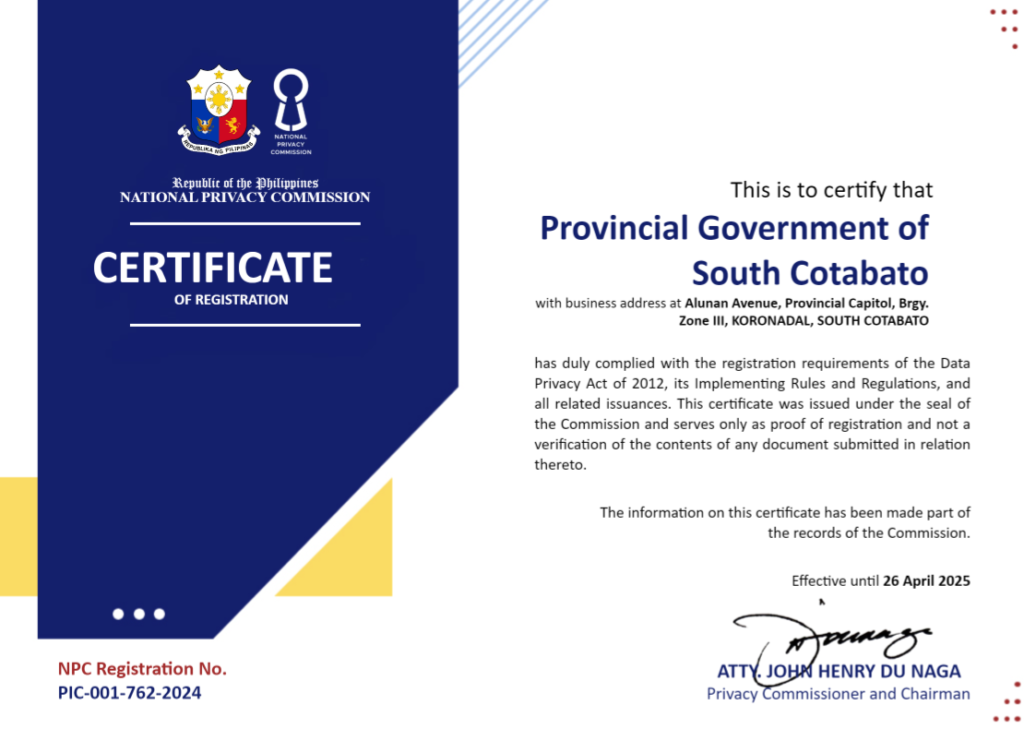Koronadal City—The Provincial Government of South Cotabato eyed 20 barangays which are “most likely to recognize as Zero Open defecation communities” in the next few months, a strategy of the Integrated Provincial Health Office (IPHO) to fight polio.
Dr. Rogelio Aturdido, Provincial Health Officer, said the countdown has just started after the provincial health team evaluated nominated barangays to asses households’ practice of proper hygiene and sanitation.
“We can say zero open defecation if the community has no human practice of defecating outside rather than into a toilet,” Aturdido said during the weekly press meet-up “Kapihan sa Kapitolyo.”
ZOD program in South Cotabato brings in the convergence of resources from the PLGU by providing technical assistance and the barangay through the production of water sealed bowls.
Engr. Erisaldy Quines, Sanitary Inspection Team Member, said the province visited barangays Cebuano, Bololmala, and Kalkam in Tupi; barangays Teresita, Ambalgan, and Katipunan in Sto. Nino; barangays BS Aquino, Esperanza and Lopez Jaena in Norala; barangays Liberty, San Isidro, Palo, and Maltana in Tampakan.
The team also assessed four more barangays in Polomolok.
” All these barangays are in grade 1 level, meaning there are no open spaces like fields, bushes, forests, ditches, streets, canals are used to excrete human waste,” Quines explained.
Under grade 1 level, all households have functional toilets with enough water supply and soap is readily available for washing.
To achieve a Zero Open Defecation Province is difficult, Aturdido admitted. However, IPHO is targetting the barangays to mobilize their strength at the grassroots level.
Of the 200 barangays in South Cotabato, 90 percent of these communities have access to potable water supply and have their own toilets.








